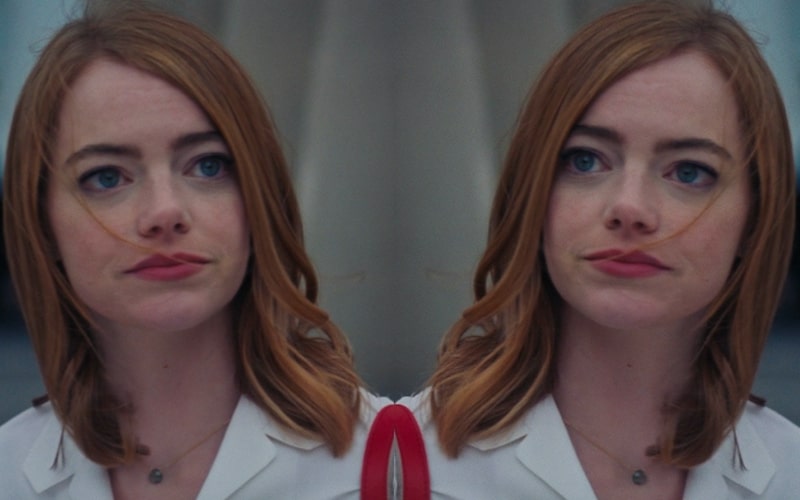
Welcome to The Queue — your daily distraction of curated video content sourced from across the web. Today, we’re watching a video essay that explores why some films decide to flip a shot.
I don’t know about you, dear reader, but personally, the first place my mind goes to when I think about continuity is props. You know: vanishing sandwiches, brooms magically switching hands, untucked shirts. That kind of thing.
Of course, continuity is a much bigger beast that touches most aspects of the filmmaking process. And generally speaking, the goal is to maintain a visual flow of a series of images. It’s the reason things like the 180-degree rule exist: to keep things feeling natural and to ensure that our attention is being directed the way the filmmakers intended.
Then again, sometimes rules are meant to be broken … not necessarily because you’re an artistic upstart but because in the whacky world of filmmaking, things don’t always go to plan.
There’s a really excellent example of this in La La Land. As the video essay below argues, Damien Chazelle’s 2016 film features a shot that is flipped to hide a problem. The essay does a great job of unpacking how sometimes filmmakers have to break some rules to preserve others. It’s a good reminder that filmmaking is a lot more like cooking than baking: it’s far from an exact science … and sometimes you need to course correct even if the recipe disagrees.
Watch “To Flip or Not to Flip?”
Who made this?
This video essay on why a director might flip a shot comes from Jesse Tribble, an American video essayist and comic book scholar. You can subscribe to Tribble’s channel and check out his back catalog here. And you can follow them on Twitter here.
More videos like this
- Jesse Tribble has a really informative and fascinating breakdown of how Disney animators constructed a 2D dolly zoom in The Lion King.
- And here’s another sample of Tribble’s work: an exploration of the business/pleasure balance that makes the James Bond franchise tick.
- Here’s Tribble’s breakdown of one of the most reliable tools in a cinematographer’s toolkit: the 180° rule.
- And here’s Tribble on the interconnecting themes of isolation, marketing, and futility in Duncan Jones’ Moon.
- Finally, for another essay on how seemingly small cinematographic decisions can have a big impact, here’s In Depth Cine with an essay on the pros, cons, and purpose of a shallow depth of field.
Related Topics: Cinematography, The Queue

